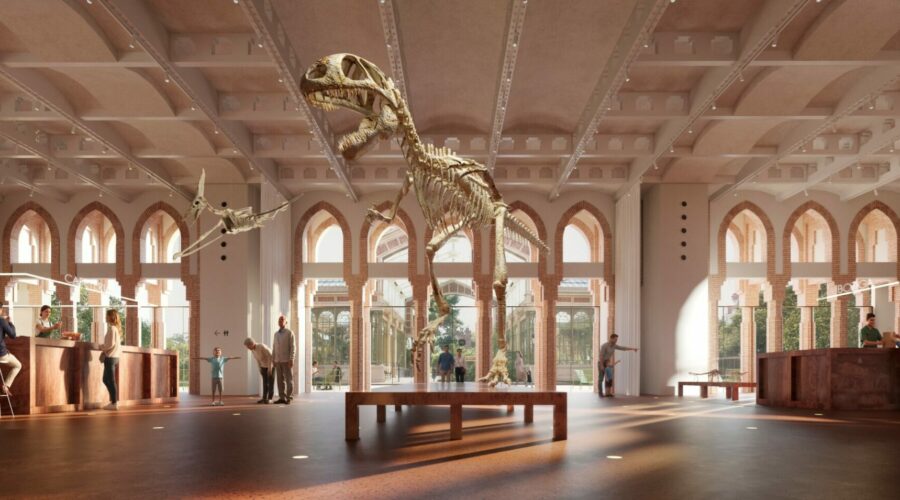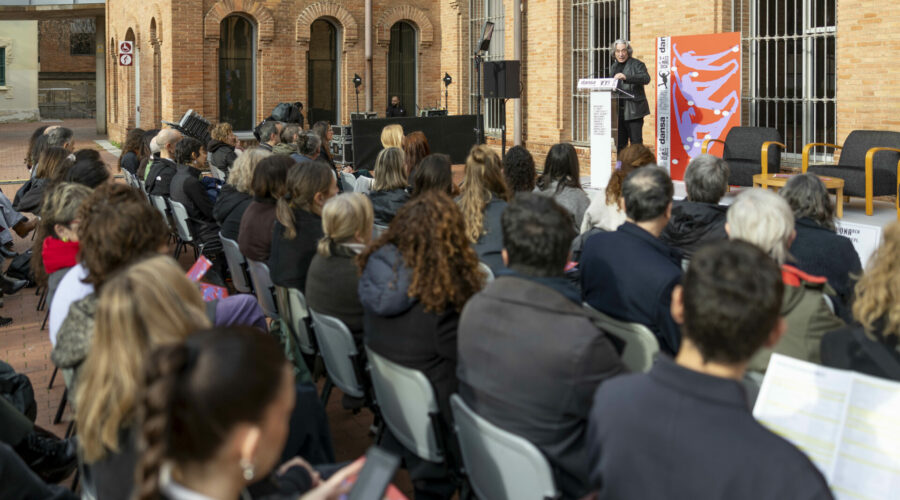
The old Mercedes factory in Sant Andreu will become an innovative “eco-district” that aspires to be one of the largest in Europe.
With a surface area of almost nine hectares and 185,000 buildable square meters, this ambitious project will transform an industrial site that has been in disuse since 2007 into a sustainable and environmentally friendly space where people will be able to live, work and study.
Instead of demolishing the buildings and filling the site with new construction, the owners chose to preserve much of the industrial structures, including the spectacular central nave, which will be converted into a public square with abundant vegetation.
The idea is to maintain the industrial past and adapt it to the needs and challenges of the present and future, following principles of sustainability and resilience.
The transformation of the old Mercedes factory
Transformation work is about to begin and the project will be carried out in phases, with a university center as one of the first additions to the “eco-district”.
Elisava, an institution dedicated to design and engineering, will leave its current headquarters on La Rambla to establish itself in Mercedes. The new university campus will have capacity for 2,000 students and 500 faculty members and is scheduled to be operational by the first quarter of 2026.
The Mercedes will also host a new Industry 4.0, with spaces dedicated to innovative activities and offices for some 3,500 workers.
In addition, approximately 1,300 homes are planned to be built, mostly rental and 40% affordable, allowing approximately 3,250 residents to become part of this green community.
A striking “eco-district” to promote clean energy
The design of the “eco-district” promotes active mobility, with car-free streets, and seeks to maximize the use of materials, water and energy, as well as encourage energy self-generation and circular recycling.
The project has taken ideas from successful urban regeneration projects in cities such as Paris, Grenoble and London, with the aim of creating an avant-garde and sustainable urban environment.
La Mercedes aspires to become a reference in the field of sustainability and climate emergency response.
The entire transformation is expected to be completed by 2029, creating one of the largest “eco-districts” in Europe and a valuable legacy for future generations.
The original factory is inspired by the first Bauhaus with a focus on sustainability, energy efficiency and climate emergency response.
Buildings and materials from demolitions or water will be reused, and there will be a commitment to self-generation and energy savings, as well as mobility by bike or on foot. All aimed at achieving a better quality of life.
This project not only preserves Barcelona’s industrial memory, but also embraces the vision of a greener and more sustainable future for the city.



